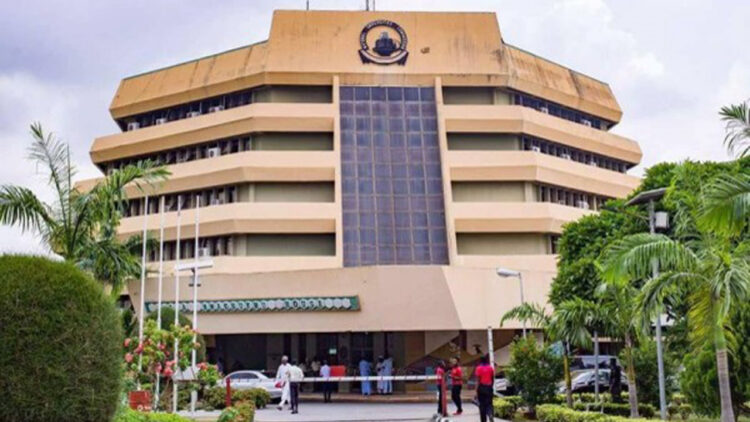The Centre for Peace Transparency and Accountability (CPTA) and Nigerian Building and Roads Research Institute (NBRRI) have called for proper research funding to boost infrastructure in Nigeria.
They also stressed the need for citizens and those involved in construction projects across the country to make use of local materials to promote indigenous production.
They stated these at a roundtable, organised by CPTA on Tuesday in Abuja.
The theme of the roundtable was: “Harnessing the Gains/ Challenges of the Nigeria Building and Road Research Institute in the Face of Economic Downturn.”
Speaking at the event, the Director-General of NBRRI, Prof. Samson Duna, said that the construction sector had great potential for the country and could deliver mass housing, if properly funded.
Duna, represented by Director, Admin. and Personnel Department, NBRRI, Mrs Ifeoma Jude-Iloma, said that the institute was at the centre of national development, as it carried out research on local raw materials for building roads, bridges and houses.
“This helps in making shelter available to the common man because housing is a major human need.
“NBRRI works to guarantee safe housing. So whenever there is a building collapse, NBRRI checks the sample of materials used and tests them to ascertain what could have caused the collapse.
“With such test reports, issues of building collapse are being tackled in Nigeria.
“However, most research institutes, including NBRRI, need proper funding because there is no research you carry out that is useless.
“It solves a particular need. So the Federal Government should put more funds into research because it is at the centre of human life.
Duna also stressed the need for expediting action on the NBRRI bill to make it more independent and reduce bureaucracies in carrying out its functions.
Executive Director of CPTA, Patrick Ogheneyero, said that it was a known fact that the nation’s economy had consistently under-performed on key development indices, to the point that Nigeria now had a housing deficit of 17 million units.
Ogheneyero said that the nation also had an infrastructure deficit in the sum of 3 trillion US dollars.
“The building and construction industry has the capacity to generate employment in the short term, while over the medium to long term, triggering the creation of entirely new industries.
“According to ILO statistics, the entire oil and gas industry employs about 65,000 people, while Julius Berger Nigeria PLC alone employs about 75,000 workers.
“For a country struggling with issues of high levels of youth unemployment, we need to make more investment in scaling up our young ones to take up roles in the sector, while developing local techniques for building in our peculiar environment.
“It was this realisation that prompted our beaming the searchlight on NBRRI to question whether there has been any technological discovery with the capacity to revive the nation’s construction sector.
Ogheneyero said that this quest had made the CPTA to embark on an independent assessment tour to all parts of the country to see a practical demonstration of the products of NBRRI’s research.
He said that CPTA had documented the outcome in the report presented at the event.
This, he said, would serve as reference material on the activities and operations of NBRRI, outlining home-grown, cost-effective and qualitative solutions for sustainable national development.
“We have no doubt that NBRRI has the potential to help diversify the Nigerian economy and engage more of our youth productively, while creating, keeping and growing the wealth of our citizens exponentially over time.
“In the light of this, we are calling on all stakeholders to give greater consideration to the conscious development of our construction sector,” he said.
Ogheneyero commended NBRRI for its achievement so far and called for increased funding for the institute.
He also called on the Presidency to make it a policy that all procurements by the federal MDAs adopted a minimum of 50 per cent local technologies in construction.
The report recorded that government should incorporate research outputs from NBRRI as a requirement for its public-private partnership (PPP) and tax credit programmes.
It also recommended that the private sector should commit more to adopt NBRRI research outputs to deliver housing at affordable rates for Nigerians.
The report also added that northern state governments needed to reach out to NBRRI to build collaboration in ensuring that its research works were used in infrastructure development at sub-national levels.





